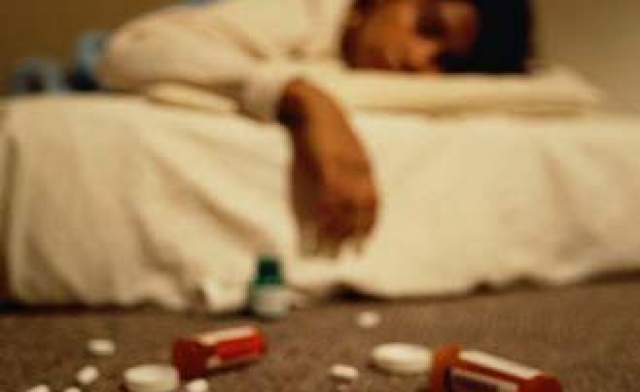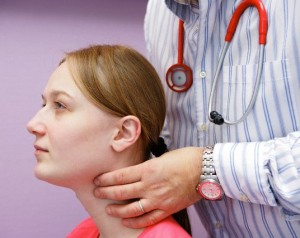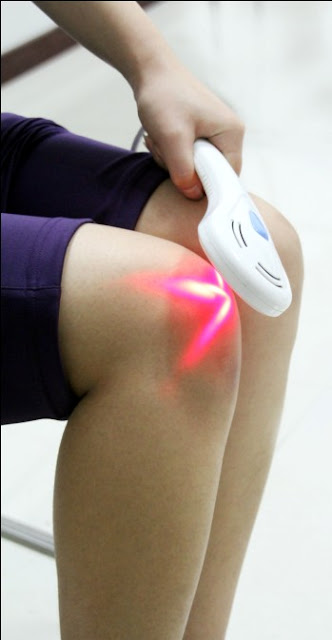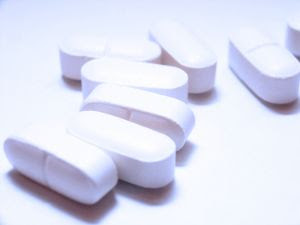Impotent at 24 years old?

Please read the following article to see if any of the items listed apply to you. If they do - then a lifestyle change for you is imminent. It shows how smoking, alcohol, drugs, prescription medicines, etc can affect a guy's penis and reproductive system. Stress, anxiety, depression, diet, lack of exercise all play an important role in your sexual health also. Definite DON'Ts Smoking - Nicotine reduces arterial pressure and as a result, prevents blood circulation to the penis. In addition, toxic substances from smoking are detrimental for sperm maturation. Alcohol - Alcohol kills reproductive cells and decreases sperm viability. It also disrupts the link between the brain and the penis. Excessive use of alcohol inhibits the creation of the male sex hormone, androgen. Marijuana - Sharply reduces the level of male sexual hormones, disrupts chromosomes and promotes undesired genetic changes. Overweight - Being overweight can disrupt your hormone balance ...











